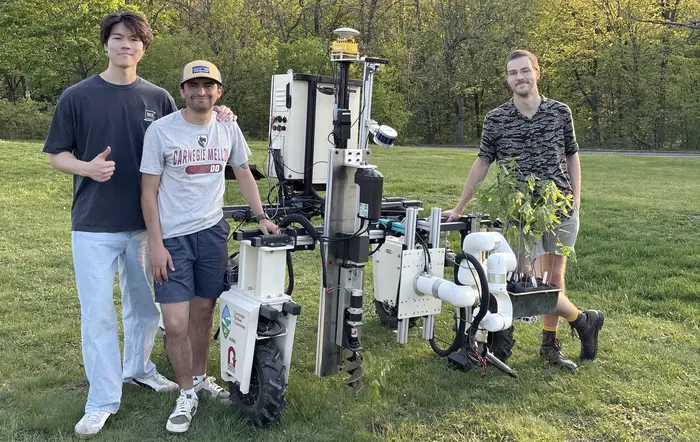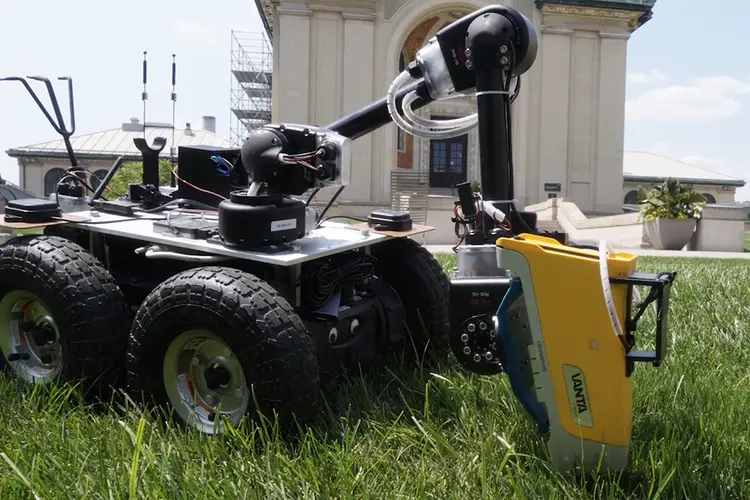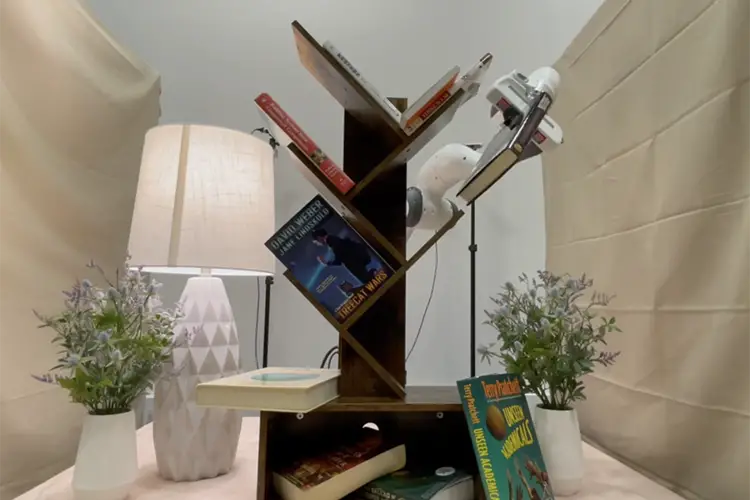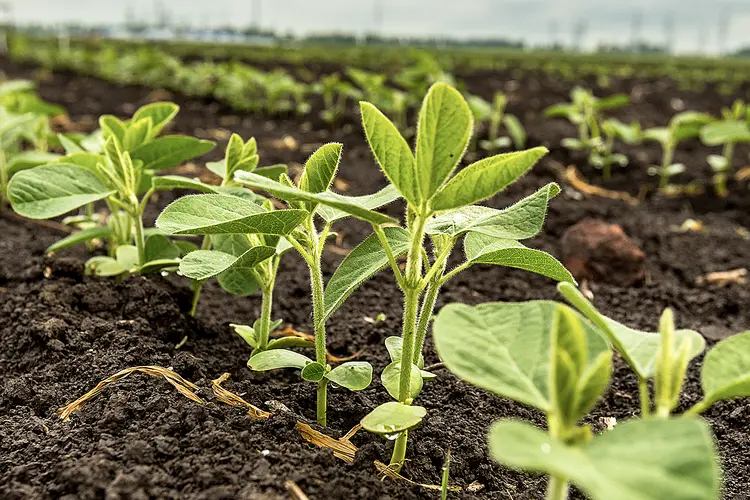CMU’s Autonomous Reforestation Robot Earns National Award
Media Inquiries
Appleseed Labs, a team within the Kantor Lab(opens in new window) at Carnegie Mellon University's Robotics Institute(opens in new window), received the Excellence in Regenerative Agriculture award at the 2025 Farm Robotics Challenge(opens in new window). The team was advised by Senior Project Scientist Francisco Yandun(opens in new window) and included students Will Heitman, Joyce Zhu, Ken Muangsiri, Alex Smith and Qimeng Yu, and Rohan Walia, who joined from the University of Pittsburgh.
Their award-winning project — an autonomous reforestation robot named Johnny B. Root — demonstrated outstanding commitment to environmental sustainability while emphasizing overall ecosystem health. Out of 22 teams, Appleseed Labs was one of six to receive an award at the ceremony on May 8(opens in new window).
University of California Agriculture and Natural Resources(opens in new window) (UCANR) and the AI Institute for Next Generation Food Systems(opens in new window) (AIFS) developed the Farm Robotics Challenge to give college level students the opportunity to solve real-world agricultural problems using robotics technology. Participants design robotic platforms featuring technologies such as autonomous navigation, AI and custom attachments. Submissions focus on common agricultural challenges including crop planting, weed and pest control, harvesting and general data collection.
Using their combined interests in robotics and ecology, Appleseed Labs developed their robot to address three main challenges in reforestation efforts: cost, manual labor and ecological complexity of forests.
At a high level, Johnny B. Root includes forest planning tools that generate feasible planting plans using machine learning. At a low level, the robot uses its auger and high-precision arm to drill and place seedlings in the ground without the help of a farmer.
The team programmed Johnny B. Root to use an internal forest growth simulation model that processes information on carbon over years and uses the data to decide the best place to plant each seedling in the real world using a reinforcement learning model.
With farmers in mind, Appleseed Labs integrated a LiDAR-based obstacle detector and a vision-based person detector to ensure collision avoidance. Additionally, the fingers of the robotic arm are strong enough to lift the seedlings, yet delicate enough to not damage the plant structures. All together, the robotic platform introduces a convenient and innovative way to plant trees that was highly praised at the Farm Robotics Challenge ceremony.
Alongside the monetary prize, UCANR and AISF provide travel stipends for participants to attend FIRA USA(opens in new window) 2025, a global event that brings together experts in robotics and autonomous agriculture solutions, which Yandun will attend. He accepted the Excellence in Regenerative Agriculture award on behalf of the team, who were proud to present an agroforestry robot that can reduce the costs and human efforts of reforestation, help sequester carbon, boost biodiversity and improve ecological health at a crucial moment in time.



